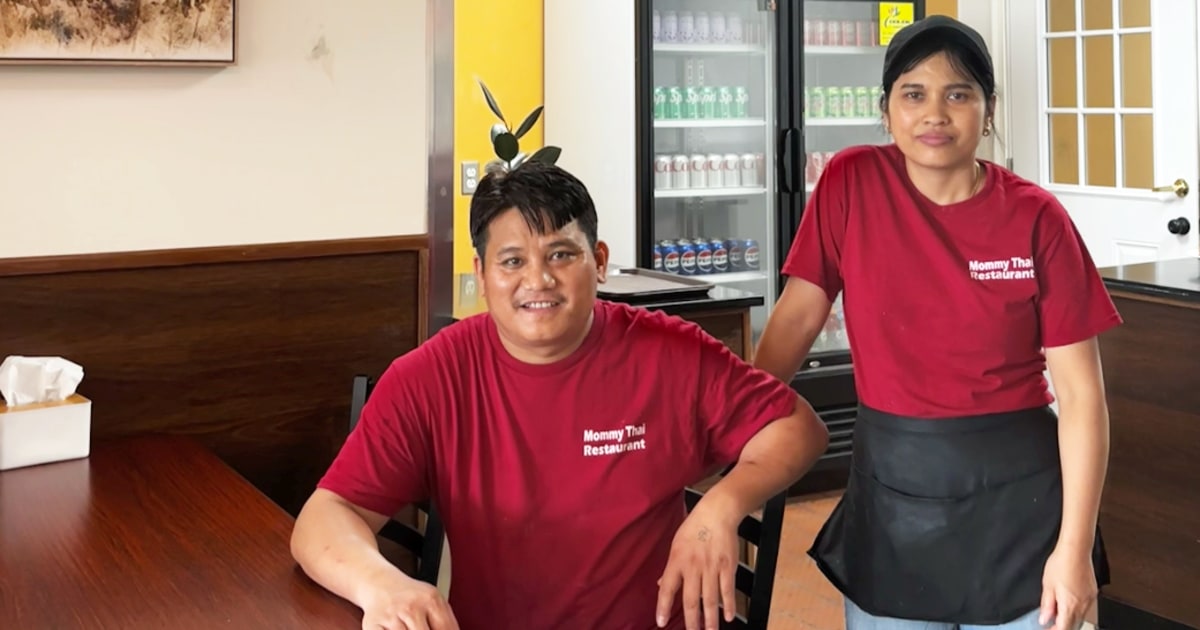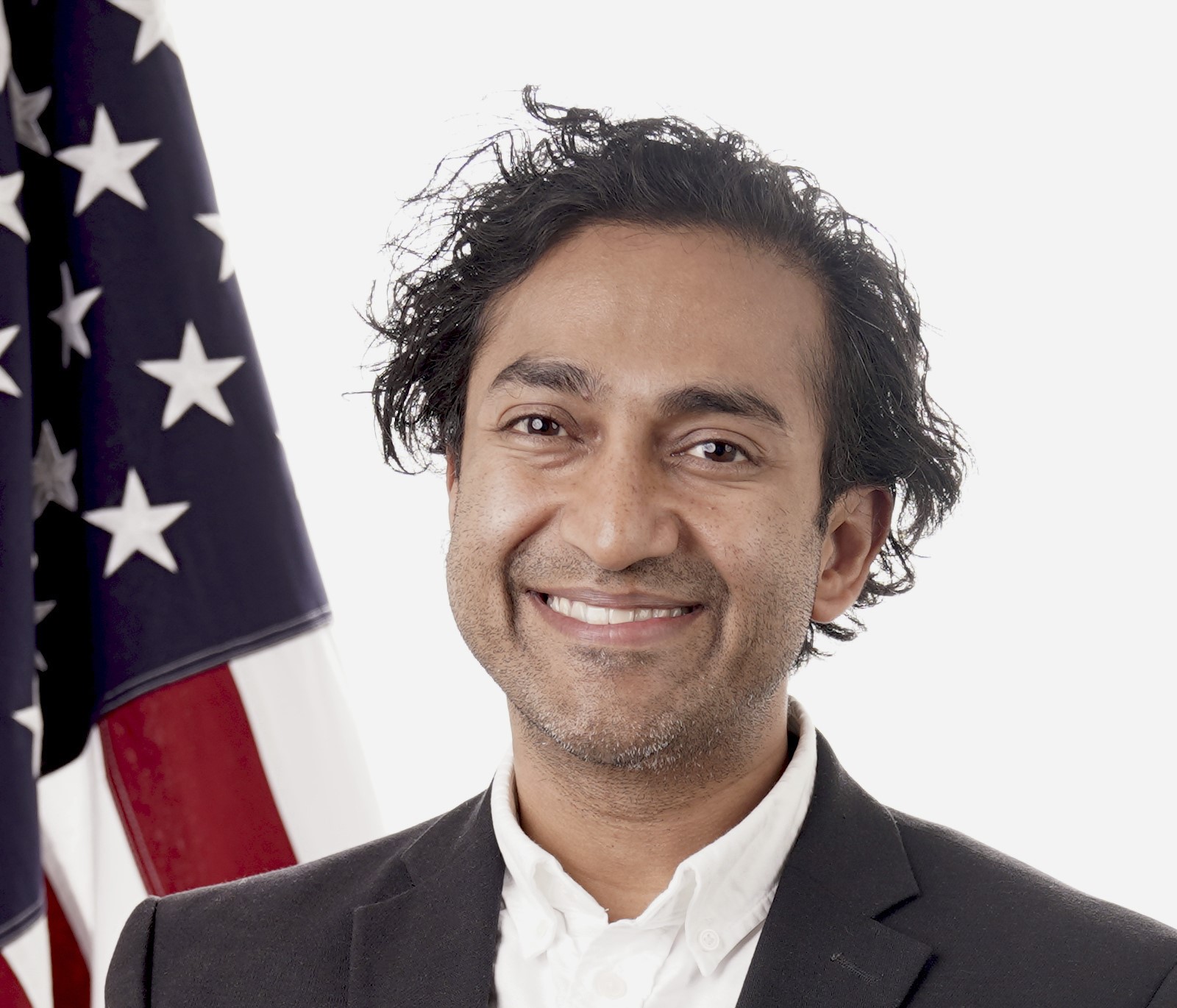In Indianapolis, Than Hre, the Burmese-born owner of Chin Brothers Restaurant & Grocery, stands behind his counter tallying receipts that tell the story of a business under pressure.
Over the past year, he says, the profit margin for his restaurant and grocery business has dropped from around 35% to about 10% as tariffs and shipping costs have driven up the price of rice and Burmese staples by as much as 40%.
The same is true for numerous other businesses in Indianapolis, the city with the largest Burmese community in the United States, at 30,000 people, according to the Burmese American Community Institute.
Tariffs on importing Myanmar goods have risen to 45%, driving up the cost of staples like rice and spices and creating significant challenges for Burmese businesses across the United States.
“It’s hard because we cannot increase the prices, yet if we do, we’re going to lose customers,” said Hre, 48.
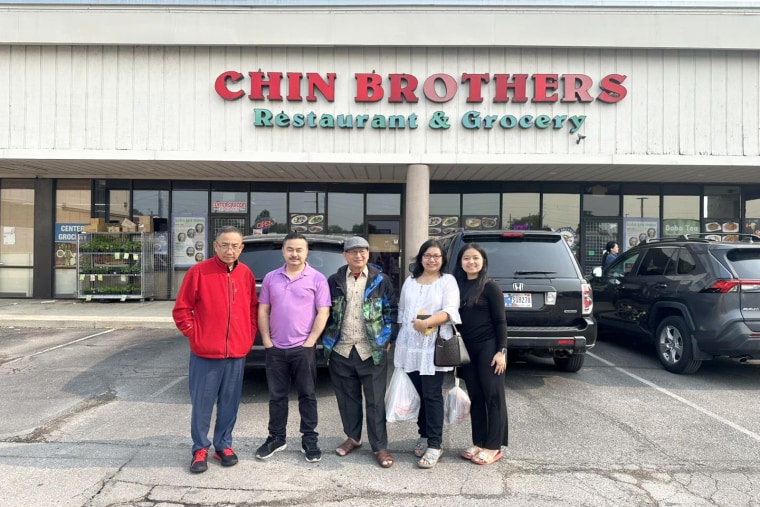
On top of the tariff toll, it has been a struggle for Burmese in the United States as the travel ban blocks nearly all travel and immigration from Myanmar, halting family reunifications and student visas as the country faces civil war and forced conscription.
The emotional toll is compounded by the civil war in Myanmar, which has made communication with relatives nearly impossible because of frequent Wi-Fi blackouts and government crackdowns, according to Tha Zi, owner of Mommy Thai, an Asian restaurant serving Burmese, Chinese and Thai food in a a small, family-run spot on the Southside of Indianapolis.
“Sometimes the Wi-Fi is cut off for days,” Zi said, making it nearly impossible to check whether her relatives are safe. She said that her cousin was supposed to come to the United States for college but that the new travel ban means her visa was denied and she’s now stuck in Myanmar. Stories like theirs echo across the community as families worry about loved ones facing forced military conscription, bombings and the uncertainty of war — all while trying to keep their businesses afloat in Indiana.
To help recover profits, Hre has cut back on inventory, and he orders product conservatively — by box now, instead of pallet. He doesn’t need to cut back on staff as he relies on his three sons and wife to keep the family business afloat, joking that he can pay them in more Burmese food.
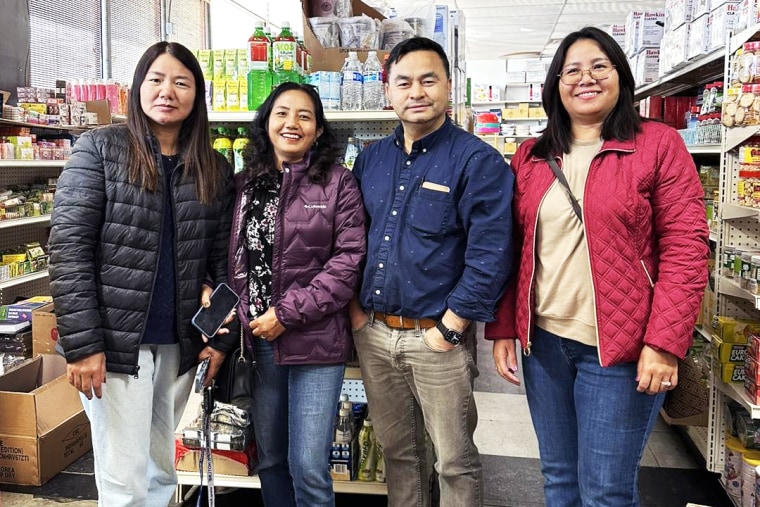
Most Burmese families arrived in the United States as refugees, fleeing harsh military rule, ethnic persecution and ongoing civil war in Myanmar. The first wave came after the 1962 military coup and continued through the 1980s and the 1990s, but the largest influx began in the mid-2000s as the U.S. Refugee Resettlement Program prioritized those escaping religious and ethnic violence, especially among the Chin, Karen and Rohingya minorities.
Affordable housing, job opportunities like factory work and a strong network of Christian churches made Indianapolis especially attractive for Chin and other ethnic minorities. As more Burmese settled in the city, secondary migration followed — new arrivals and even refugees initially placed in other states moved to Indianapolis to join family and friends and benefit from the established community and support systems.
At Mommy Thai, Zi, the owner, describes how rising costs for meat and authentic noodles have made it difficult to keep the doors open, even though most of her ingredients are sourced domestically. “The price of meat is really high, and the noodles that we use for authentic dishes, the price has gone up a lot because of tariffs and shipping,” she said.
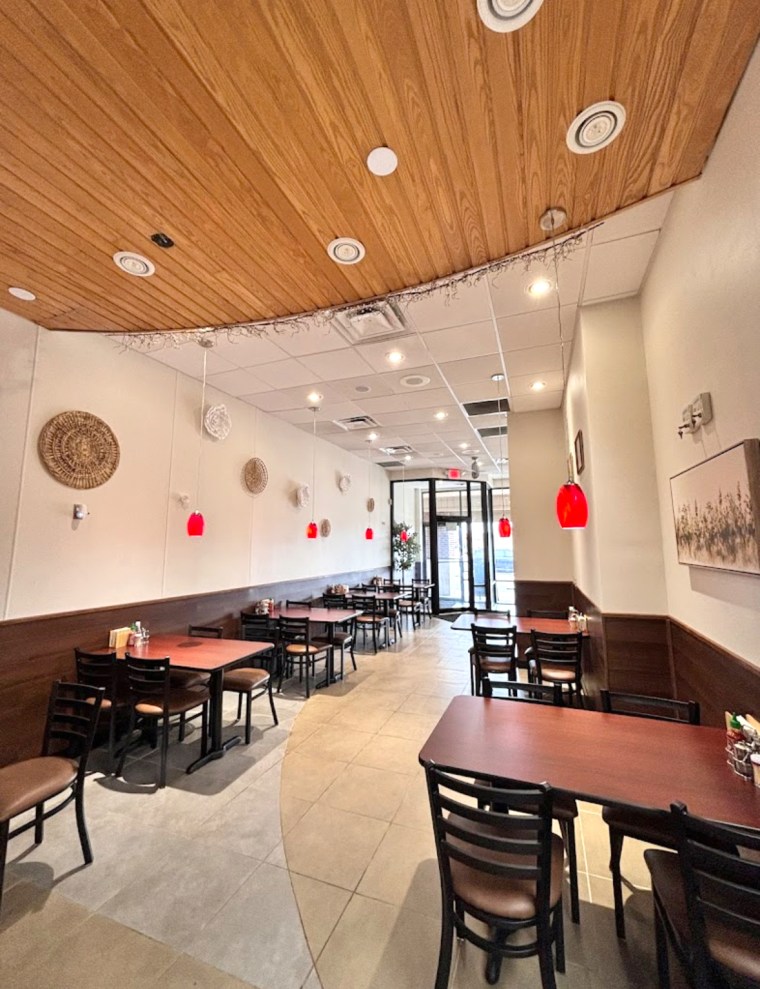
Zi tries not to raise prices too much, knowing her customer base is mostly families and students, but it’s getting hard to keep up, she said. She has had to cut back on specialty menu items and watch as regulars visit less frequently, a trend echoed across the industry as a projected 7% dip in consumer restaurant spending hits small businesses especially hard.
Siam Square, a mom-and-pop Thai restaurant in Indianapolis, is also feeling the strain of the tariffs and the travel ban.
While the travel ban doesn’t directly target Thailand, owner Ed Rudisell said it still has a major impact on his business. About 70% of his staff are Burmese — primarily Chin refugees. The ban means people don’t “have any hope of seeing family from Burma,” Rudisell said, and it creates fear and tension among staff members about their families back home.
Rudisell has watched the cost of essential ingredients like garlic nearly double — from $56 to $93 a case — forcing him to raise menu prices twice since January.
“Food costs have gone through the roof,” Rudisell said. But he’d rather raise prices than reduce portion sizes or compromise on quality, as customers expect consistency, he said.
Often, importers raise their ingredient prices before the tariffs are officially active, Rudisell said.
“The damage is done,” he said. “By that point, we’ve already paid the increased bills.”
Zi said the travel ban and the tariffs, meant to address security and trade concerns, instead deepen the challenges facing Burmese-Chin families fleeing violence, instability and economic hardship.
The ban suspends both immigrant and nonimmigrant visas for Myanmar nationals, squandering hope for reunification or educational opportunities, Zi said.
“My cousin was supposed to come here for college, but now with the travel ban, her visa was denied and she’s stuck in Burma,” she said.
Rudisell added, “To lock it down and say nobody else is allowed to come in is absolutely inhumane.”

